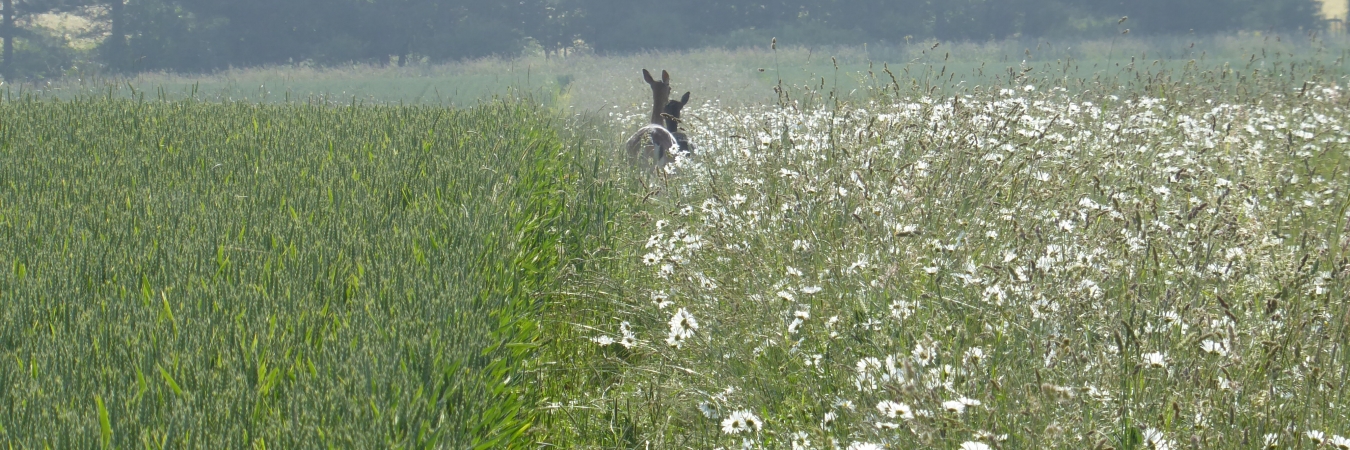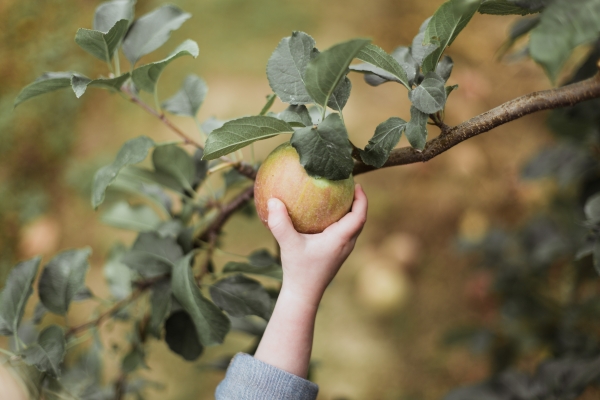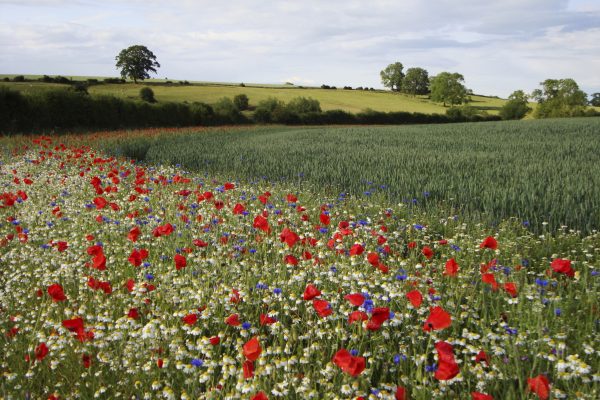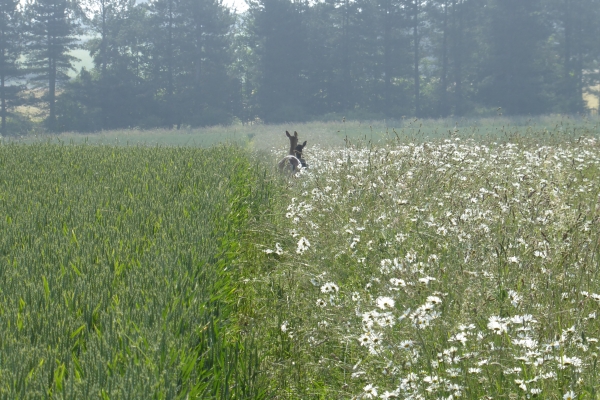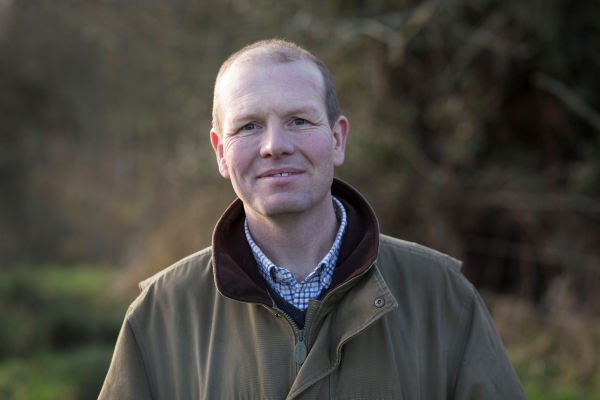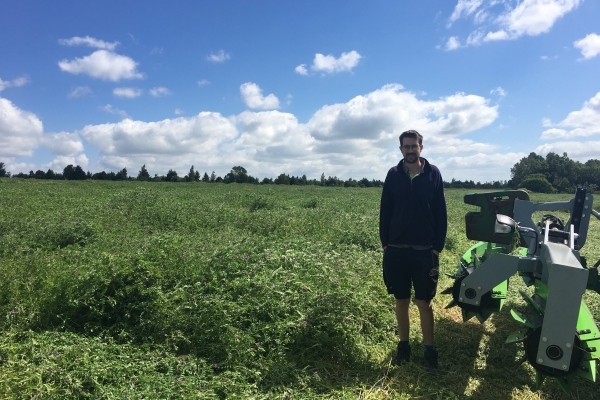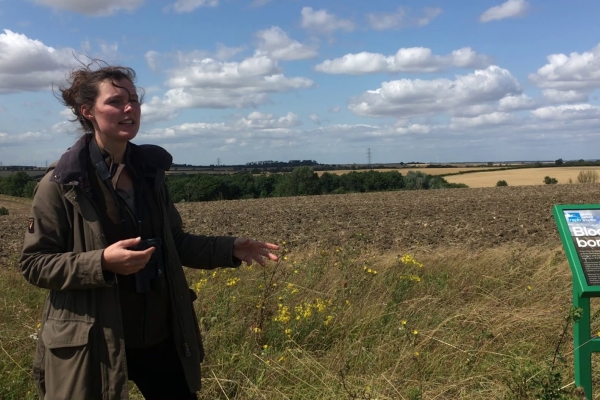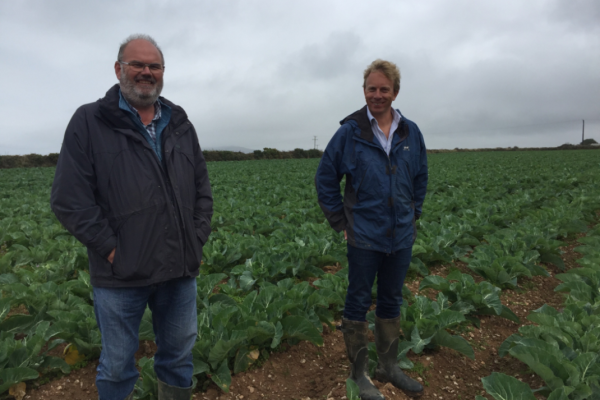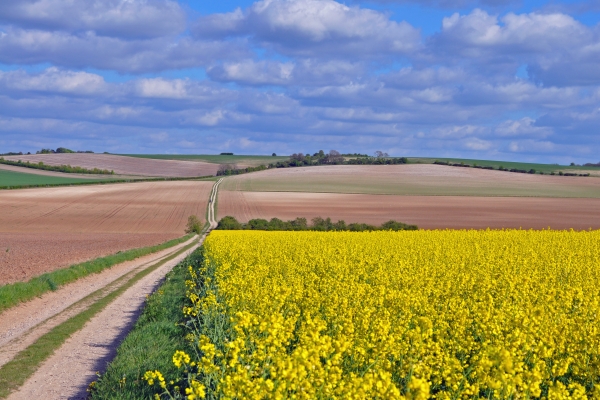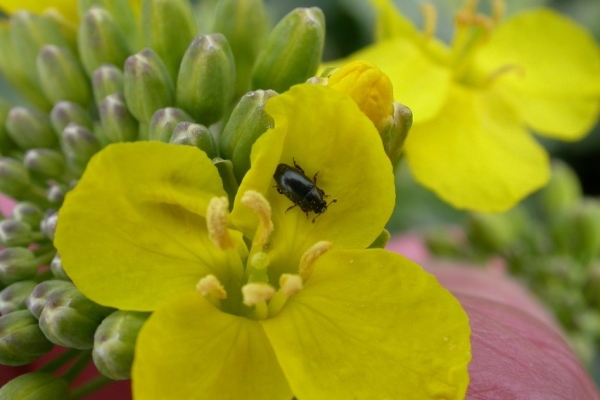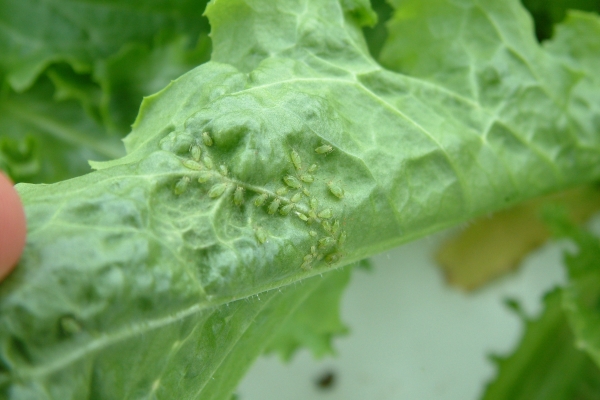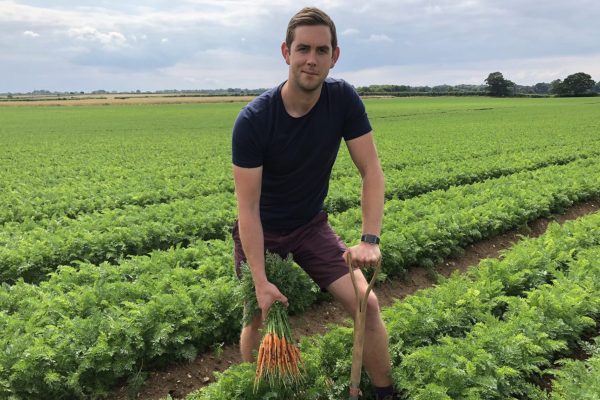Nature-based Integrated Pest Management – hints, tips and more
Are you keen to find ways to reduce pesticide use on your farm, but not sure where to begin? Or perhaps you are already undertaking many Integrated Pest Management approaches but are keen to learn and try new things?
We set out to create some easy to follow but detailed resources that would help farmers, growers and other land managers to increase their use of nature-based Integrated Pest Management (IPM) – no matter where on this journey they currently are. This blog highlights what’s in these resources, and where people can go to find them.
What are farmers doing?
We interviewed five farmers – a mix of organic and conventional – spanning arable and horticultural systems. We asked them all about their IPM journey so far, including their motivations, any challenges they have faced, and the benefits they have seen in their businesses. We also delved a bit deeper with each farmer into two examples of where IPM has worked well on their farm, and what they learned. These include boosting beneficial predatory insects, bi-cropping, and focussing on fungal networks in soil.
We turned this information into a series of informative and inspiring written case studies and short films focussing on each farmer, and all of these can be found on the Agricology project page here.
Webinars
In February and March 2022, we ran a series of webinars focussing on the following topics:
- Boosting beneficial insects on farm with a whole-farm IPM approach
- The use of cover/trap crops to facilitate IPM – the role of beneficial plants
- What can fungi do for your IPM strategy?
- IPM in field vegetable horticulture
- How can our food be grown without pesticides (for a public audience)
Each webinar involved two to three expert speakers, followed by time for questions from the audience. The recordings of these webinars, plus brief written synopses for the first four, can also be found here.
We are so grateful to the five farmers who gave up their time to be interviewed, filmed, and provide input to the final products. We really hope these resources will help others to be inspired to give it a go.
Leaning about, and making the most of, the benefits of nature, can really help reduce the need for chemical inputs and therefore contribute towards healthier soils, cleaner water and more biodiversity.
This project is a partnership between RSPB, Nature Friendly Farming Network, Soil Association, Pesticide Action Network UK. and CoFarm Cambridge and was generously funded by Farming the Future.
Header image courtesy of Julian Gold. All Rights Reserved
